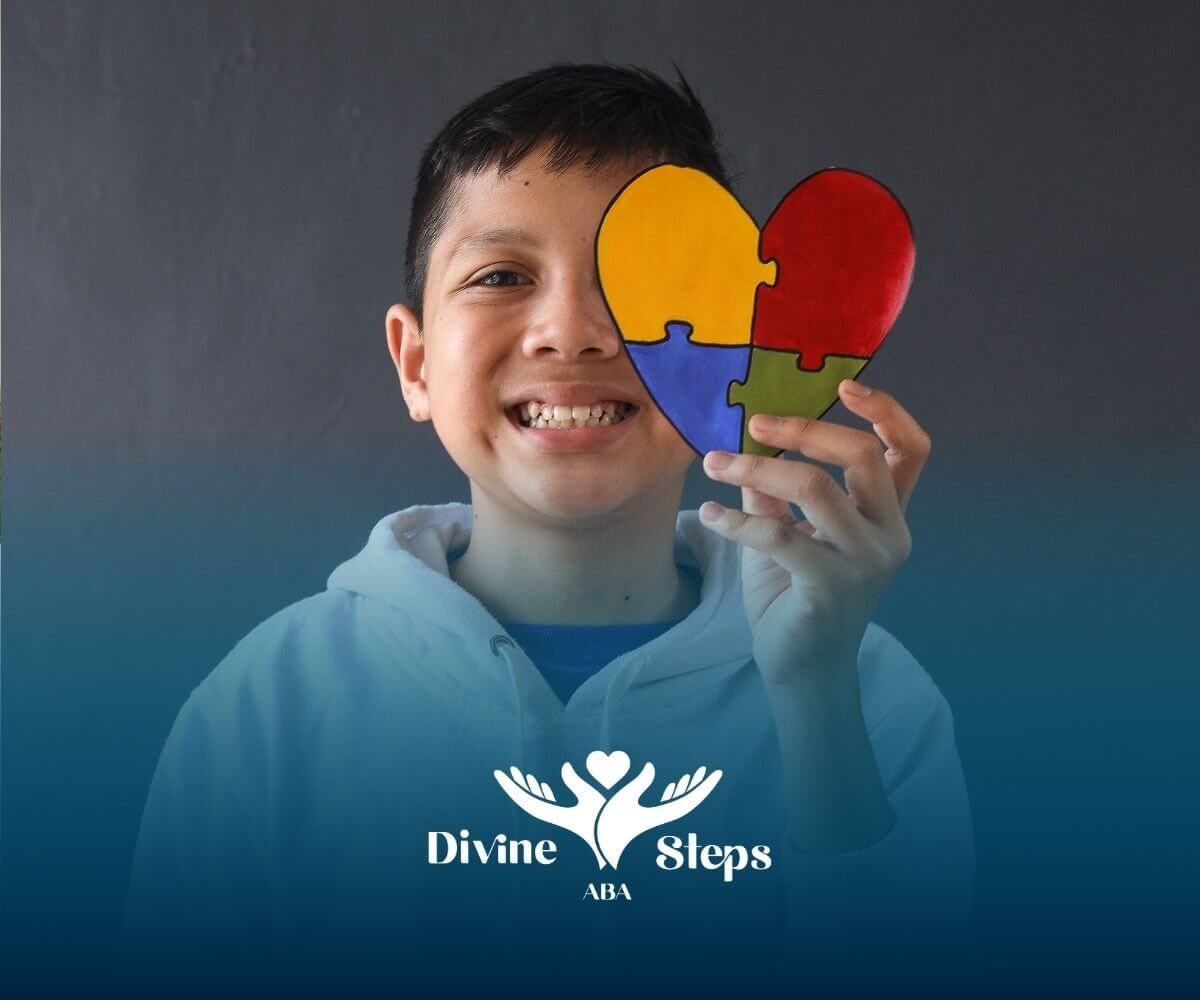Website by CWS
Spotting the Difference Between Autism and Introversion
Is It Autism or Just Introversion?
Understanding Introversion
Introversion is a personality trait characterized by a preference for quiet environments, small social circles, and solo activities. Introverted individuals may feel drained after prolonged social interaction, but typically adapt well to social norms when necessary. It’s not a medical condition — rather, it’s part of the spectrum of human personality differences.
Understanding Autism Spectrum Disorder (ASD)
Autism is a developmental condition affecting social communication, sensory processing, and behavior patterns. Signs may include challenges with reading social cues, repetitive behaviors, intense interests, and sensory sensitivities. Unlike introversion, autism involves neurological differences that impact daily functioning and may require targeted support.
Key Differences
While both introversion and autism can involve reduced social interaction, autism is marked by specific developmental traits such as difficulty interpreting body language, rigid routines, and sensory challenges. Introversion alone does not involve these neurological or developmental differences.
Conclusion
While introversion and autism can appear similar on the surface, they are fundamentally different. Introversion is a personality style, while autism is a neurodevelopmental condition with distinct characteristics and support needs. Recognizing these differences is essential for ensuring individuals get the right understanding, respect, and — when needed — professional help.
Why Choose Divine Steps Therapy
At Divine Steps Therapy, we specialize in understanding the nuances of autism and providing personalized Applied Behavior Analysis (ABA) programs for children and families across Maryland, Virginia, and North Carolina. Our expert team focuses on building communication, social, and daily living skills while respecting each child’s unique personality — whether they are introverted, extroverted, or somewhere in between. With compassionate therapists, data-driven strategies, and family-centered care, Divine Steps Therapy helps every child take confident strides toward independence and success.
Frequently Asked Questions
Can someone be both autistic and introverted?
Yes. Autism and introversion are separate traits, and they can co-exist.
Does introversion need therapy?
No, introversion is not a condition that requires treatment.
How is autism diagnosed?
Through developmental assessments by qualified healthcare professionals.
Sources:
- https://www.simplypsychology.org/signs-you-are-an-introvert.html
- https://www.psychiatry.org/patients-families/autism/what-is-autism-spectrum-disorder
- https://pmc.ncbi.nlm.nih.gov/articles/PMC9915249/
- https://www.autismspeaks.org/applied-behavior-analysis




